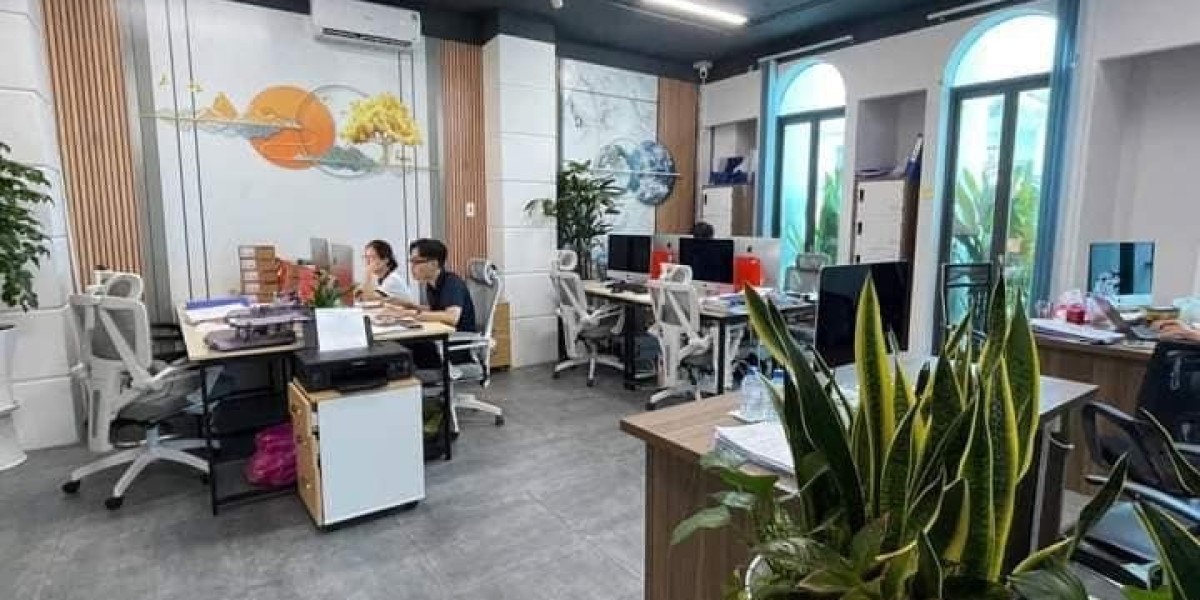Richard Whittle receives financing from the ESRC, Research England and was the recipient of a CAPE Fellowship.
Stuart Mills does not work for, speak with, own shares in or get funding from any business or organisation that would take advantage of this short article, setiathome.berkeley.edu and has actually divulged no relevant affiliations beyond their academic visit.
.jpg)
Partners
University of Salford and University of Leeds provide financing as establishing partners of The Conversation UK.
View all partners
Before January 27 2025, it's reasonable to state that Chinese tech business DeepSeek was flying under the radar. And then it came significantly into view.
Suddenly, everyone was discussing it - not least the investors and executives at US tech firms like Nvidia, Microsoft and Google, which all saw their business values topple thanks to the success of this AI start-up research lab.
Founded by an effective Chinese hedge fund manager, the lab has actually taken a different technique to synthetic intelligence. One of the major differences is expense.
The development expenses for Open AI's ChatGPT-4 were said to be in excess of US$ 100 million (₤ 81 million). DeepSeek's R1 model - which is utilized to generate content, solve reasoning problems and produce computer code - was supposedly made using much less, less powerful computer system chips than the similarity GPT-4, resulting in expenses claimed (but unproven) to be as low as US$ 6 million.
This has both financial and geopolitical results. China goes through US sanctions on importing the most innovative computer chips. But the fact that a Chinese startup has actually had the ability to develop such a sophisticated design raises questions about the efficiency of these sanctions, and whether Chinese innovators can work around them.
The timing of DeepSeek's new release on January 20, as Donald Trump was being sworn in as president, signified a difficulty to US dominance in AI. Trump reacted by explaining the moment as a "wake-up call".
From a financial perspective, the most visible impact might be on consumers. Unlike rivals such as OpenAI, which recently began charging US$ 200 per month for access to their premium models, DeepSeek's similar tools are currently totally free. They are also "open source", allowing anybody to poke around in the code and reconfigure things as they want.
Low costs of advancement and effective use of hardware appear to have actually managed DeepSeek this expense advantage, and have currently forced some Chinese competitors to lower their rates. Consumers should expect lower expenses from other AI services too.
Artificial investment

Longer term - which, in the AI industry, can still be extremely quickly - the success of DeepSeek could have a huge impact on AI investment.
This is due to the fact that up until now, practically all of the big AI companies - OpenAI, Meta, Google - have actually been struggling to commercialise their models and pay.
Previously, photorum.eclat-mauve.fr this was not necessarily a problem. Companies like Twitter and Uber went years without making earnings, prioritising a commanding market share (lots of users) rather.

And business like OpenAI have been doing the very same. In exchange for constant financial investment from hedge funds and other organisations, they guarantee to build even more effective designs.
These models, the service pitch probably goes, will massively boost productivity and then profitability for businesses, which will end up happy to pay for AI products. In the mean time, all the tech companies need to do is collect more data, buy more powerful chips (and more of them), and establish their designs for longer.
But this costs a great deal of cash.

Nvidia's Blackwell chip - the world's most effective AI chip to date - expenses around US$ 40,000 per system, passfun.awardspace.us and AI business frequently need 10s of thousands of them. But already, AI companies haven't actually struggled to attract the essential financial investment, even if the sums are huge.
DeepSeek might alter all this.
By demonstrating that innovations with existing (and maybe less innovative) hardware can achieve similar performance, it has offered a caution that throwing cash at AI is not guaranteed to settle.

For instance, prior to January 20, it may have been assumed that the most sophisticated AI designs need huge information centres and other infrastructure. This meant the likes of Google, Microsoft and OpenAI would face limited competition due to the fact that of the high barriers (the large cost) to enter this industry.

Money concerns
But if those barriers to entry are much lower than everyone believes - as DeepSeek's success recommends - then numerous enormous AI financial investments all of a sudden look a lot riskier. Hence the abrupt impact on big tech share prices.
Shares in chipmaker Nvidia fell by around 17% and ASML, which develops the makers needed to manufacture advanced chips, wiki.die-karte-bitte.de likewise saw its share cost fall. (While there has been a small bounceback in Nvidia's stock rate, it appears to have actually settled below its previous highs, reflecting a brand-new market truth.)
Nvidia and ASML are "pick-and-shovel" companies that make the tools required to create a product, rather than the product itself. (The term comes from the concept that in a goldrush, the only individual ensured to generate income is the one offering the choices and shovels.)
The "shovels" they offer are chips and chip-making devices. The fall in their share prices came from the sense that if DeepSeek's much cheaper technique works, the billions of dollars of future sales that financiers have actually priced into these business might not materialise.
For the likes of Microsoft, Google and forum.batman.gainedge.org Meta (OpenAI is not publicly traded), the cost of building advanced AI may now have fallen, implying these companies will have to spend less to remain competitive. That, for them, annunciogratis.net could be an advantage.
But there is now doubt regarding whether these companies can successfully monetise their AI programs.
US stocks make up a historically big portion of global financial investment today, and innovation companies make up a historically big portion of the value of the US stock market. Losses in this market may require financiers to offer off other financial investments to cover their losses in tech, resulting in a whole-market recession.
And it shouldn't have actually come as a surprise. In 2023, a dripped Google memo alerted that the AI industry was exposed to outsider disturbance. The memo argued that AI business "had no moat" - no protection - versus rival designs. DeepSeek's success may be the proof that this holds true.







